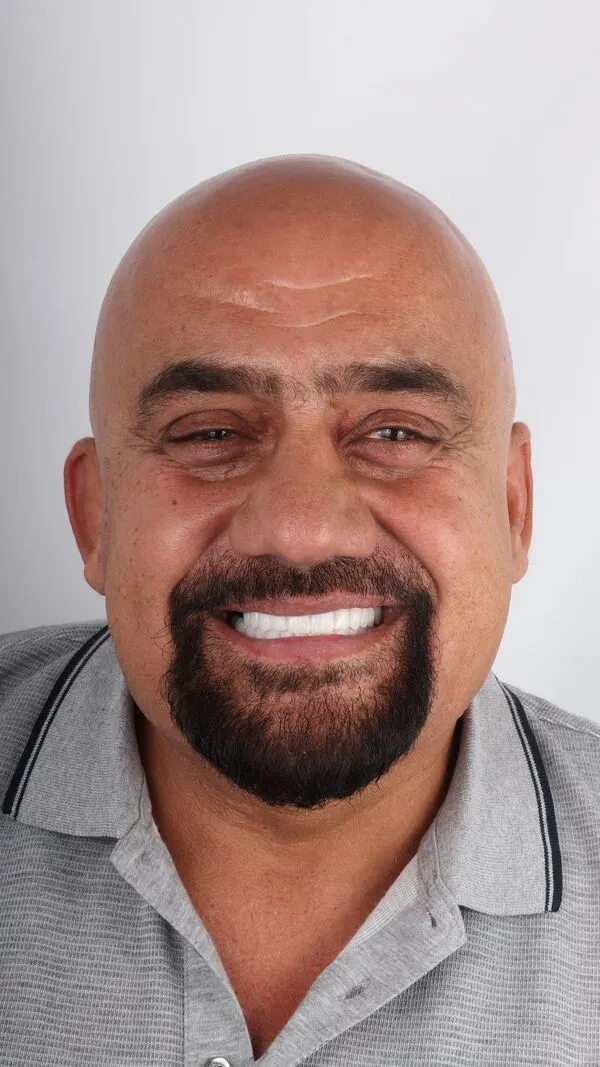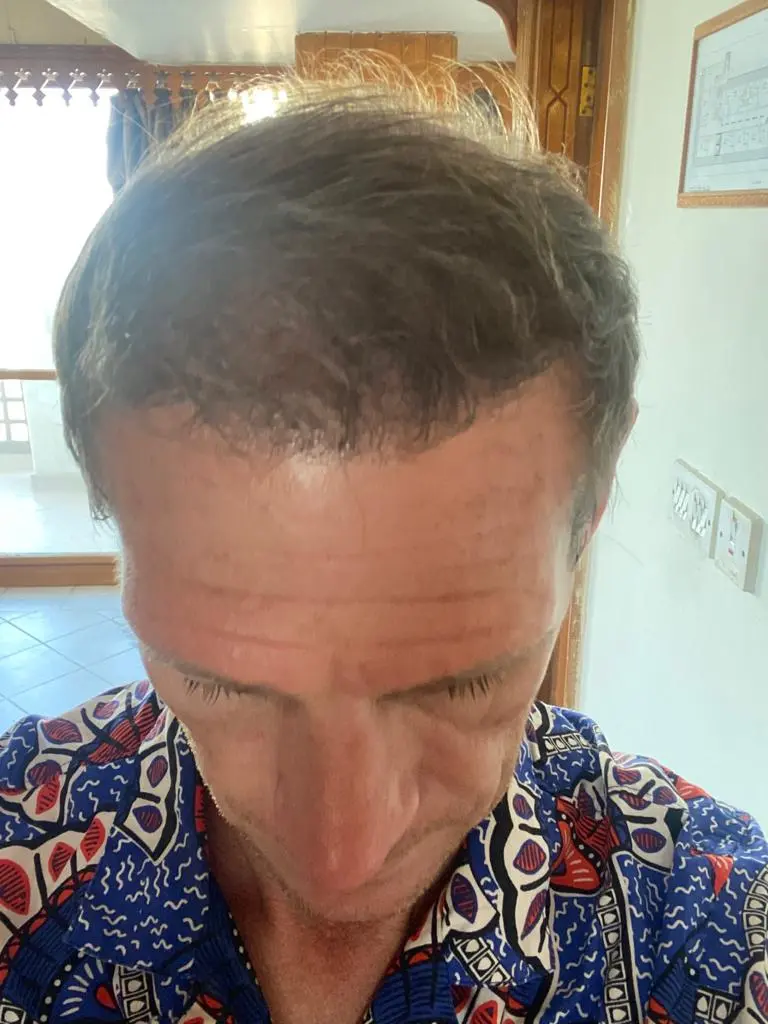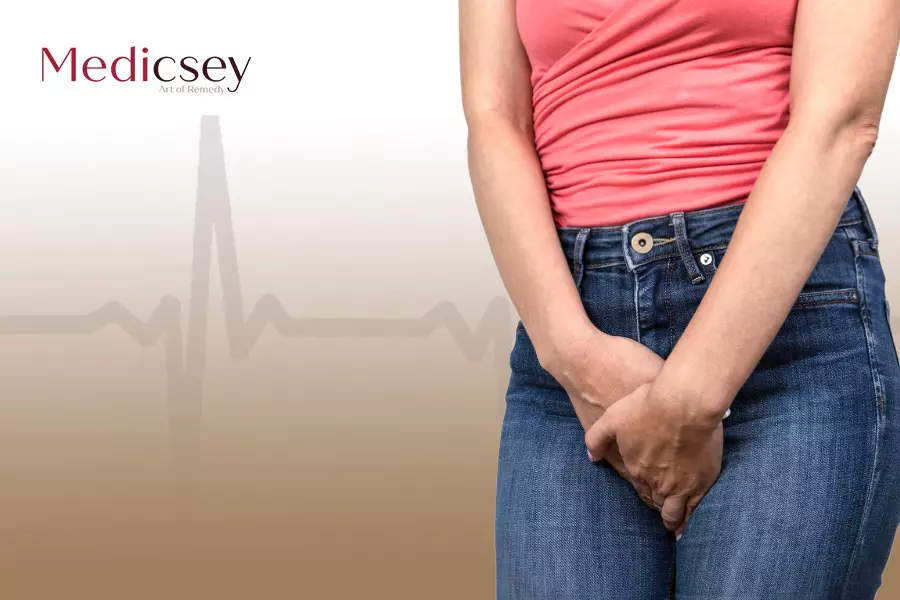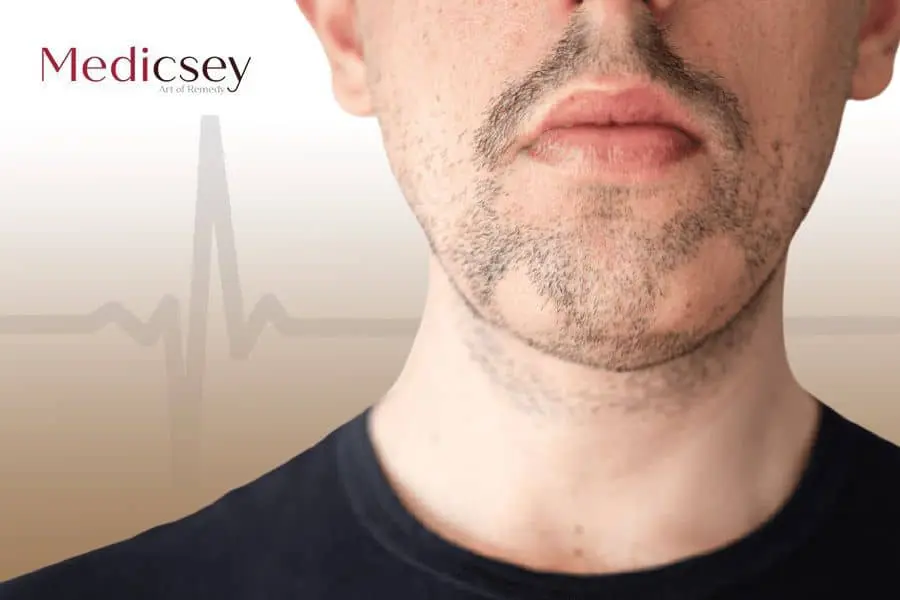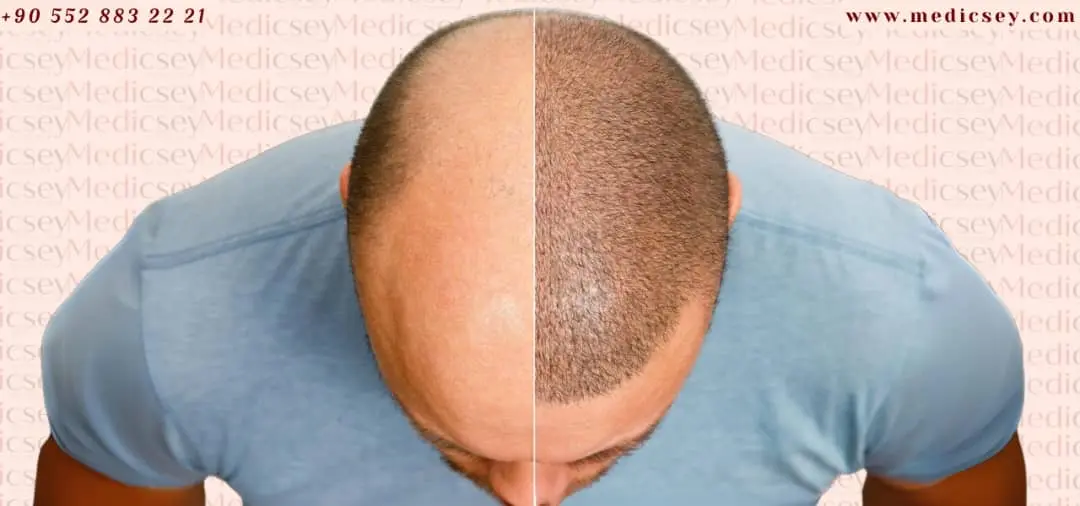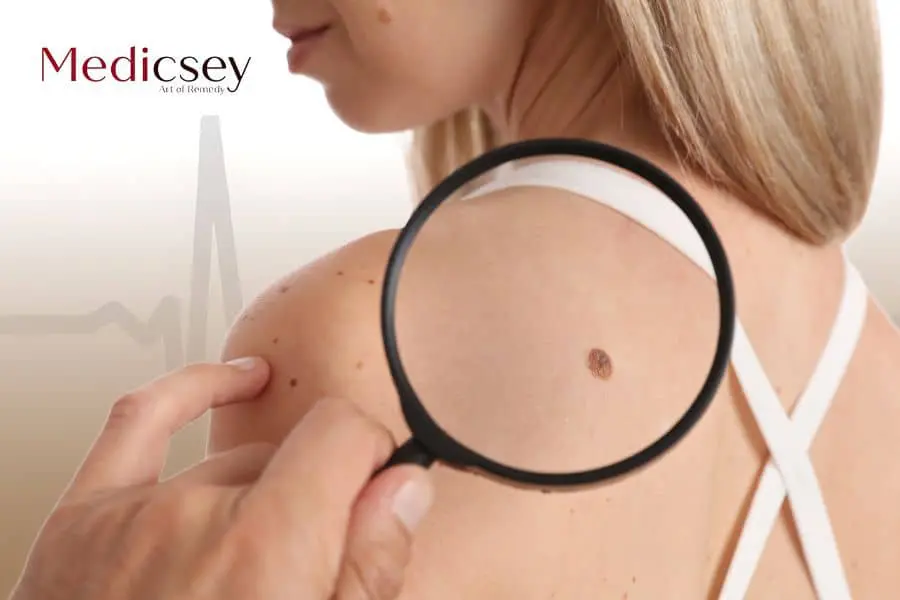Urinary incontinence is a very common phenomenon, especially in the elderly, and does not cause any health problems. However, it is embarrassing for many people.
Table of Contents
What is urinary incontinence?
It is the loss of control of the urinary bladder resulting in urine leakage. This affects the personal and social life of the individual. Although men and women may develop polyurethrosis. But several risk factors in females increase the risk of developing it.
Types of urinary incontinence in women
- Stress incontinence: occurs during physical activity, coughing or sneezing.
- Urge incontinence: occurs when a strong or urgent urge to urinate.
- Mixed urinary incontinence: occurs during both stress and urge incontinence.
- Functional urinary incontinence: occurs when there are external obstacles or physical disability.
- Transient urinary incontinence: It is a temporary condition.
Causes of urinary incontinence
There are several causes of urinary incontinence, most notably:
- Muscular weakness of the lower urinary tract.
- Dysfunction of the urinary tract or nerves that control the urinary system.
- The stress caused by childbirth and weight gain.
- Conditions that put pressure on and tighten the pelvic floor muscles.
- Excessive activity of the bladder muscles and thus pushes urine out of the bladder.
- Psychological stress or neurological disorders, such as: Parkinson's disease.
- Stroke.
Symptoms of urinary incontinence
Among the most prominent signs of urinary incontinence are as follows:
- Bedwetting.
- It is not possible to empty the bladder completely.
- Increase the number of urinations per day.
- Insufficient sleep due to frequent urination.
- Fatigue and general weakness.
- Loss of appetite.
Complications of urinary incontinence
Complications that can occur from urinary incontinence include:
- Social introversion and lack of daily activities.
- Infection with bacterial infections.
- Influence on the efficiency and functioning of the organs of the urinary system.
Diagnosis of urinary incontinence in Turkey
It is important to determine the type of urinary incontinence of the patient that the doctor determines by knowing the symptoms accompanying the patient.
The doctor is supposed to start by knowing the medical history and performing a physical examination. After that, your doctor will order the following procedures:
Urinalysis: A urine sample is taken to look for signs of infection or other problems.
- Record the conditions of the bladder in a note. How much the patient drinks, urinating times, the amount of urine and the number of times urinary incontinence occurs are recorded over several days.
- Measure the amount of urine remaining after emptying the bladder. The patient is asked to urinate (empty the bladder) in a container. The doctor then checks the amount of urine remaining in the bladder using an ultrasound or using a catheter tube. If there is a large amount of urine in the bladder, this indicates a blockage in the urinary tract or a defect in the muscles and nerves of the bladder.
Prevention of urinary incontinence
Urinary incontinence can be prevented by:
- Perform Kegel exercises as this helps to strengthen the pelvic floor muscles.
- Quit smoking, as this helps relieve coughing, which helps control urinary incontinence.
- Reduce the caffeine consumed daily.
urinary incontinence treatment in Turkey
Treatment of urinary incontinence in Turkey is done through the following methods:
- Kegel exercises: These exercises support and strengthen the pelvic floor muscles, and are the best treatment for cases of urinary incontinence caused by feeling stressed.
- Use a vaginal support tool: This tool is removable and helps treat urinary incontinence caused by feeling pressure.
- Taking certain medications: but it results in many side effects.
- Surgery: to support or return the bladder, performed after other treatments have failed.
We have shed light on everything related to urinary incontinence in Turkey. For more information about urinary incontinence in Turkey. You can request a free and instant consultation by contacting the best gynecologist in Istanbul, Prof. Dr. med. Sona Özdemir. You can book an appointment to visit Medicsey Center using our website. With more than 30 years of experience, our medical staff strives to provide the best results at the best acceptable prices.
read more: IVF Tube Baby




